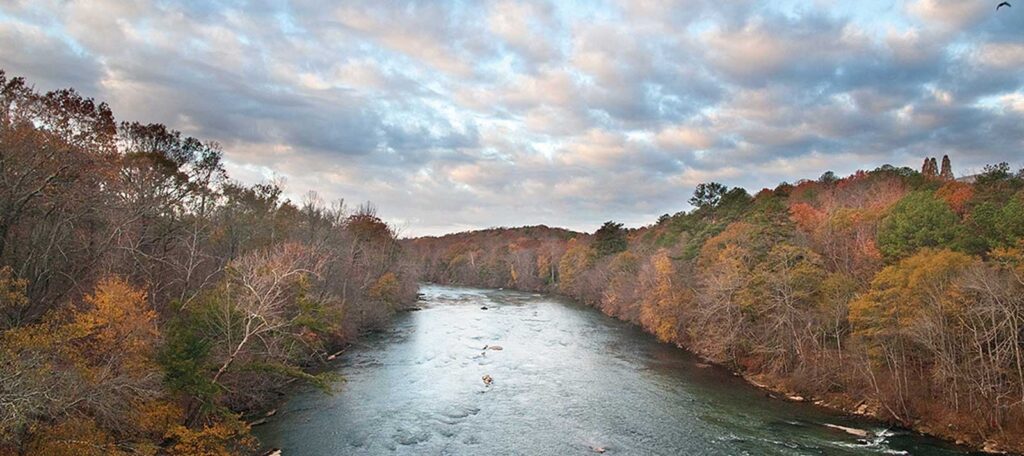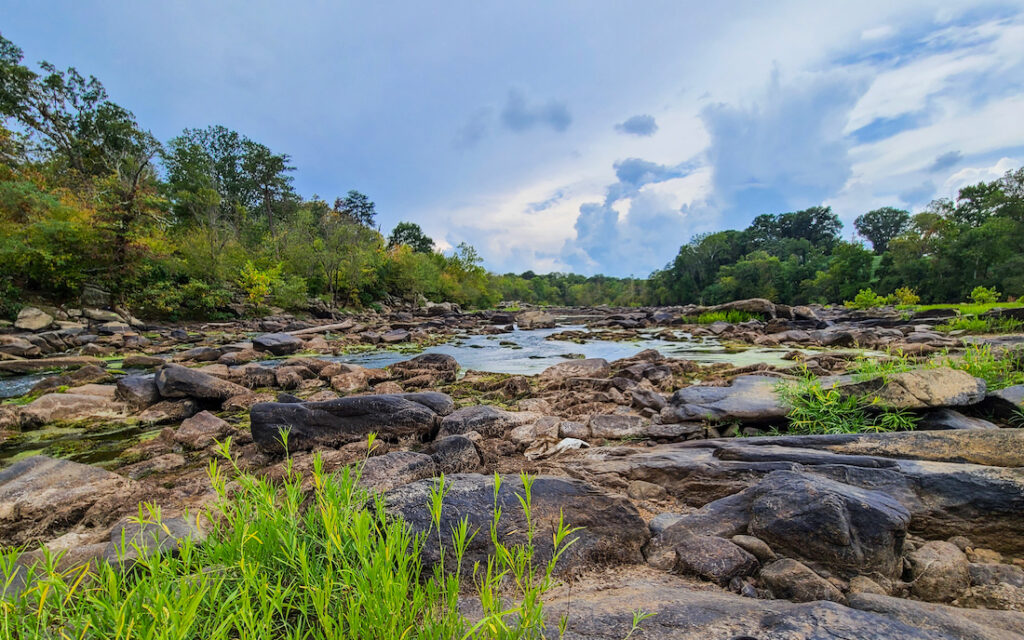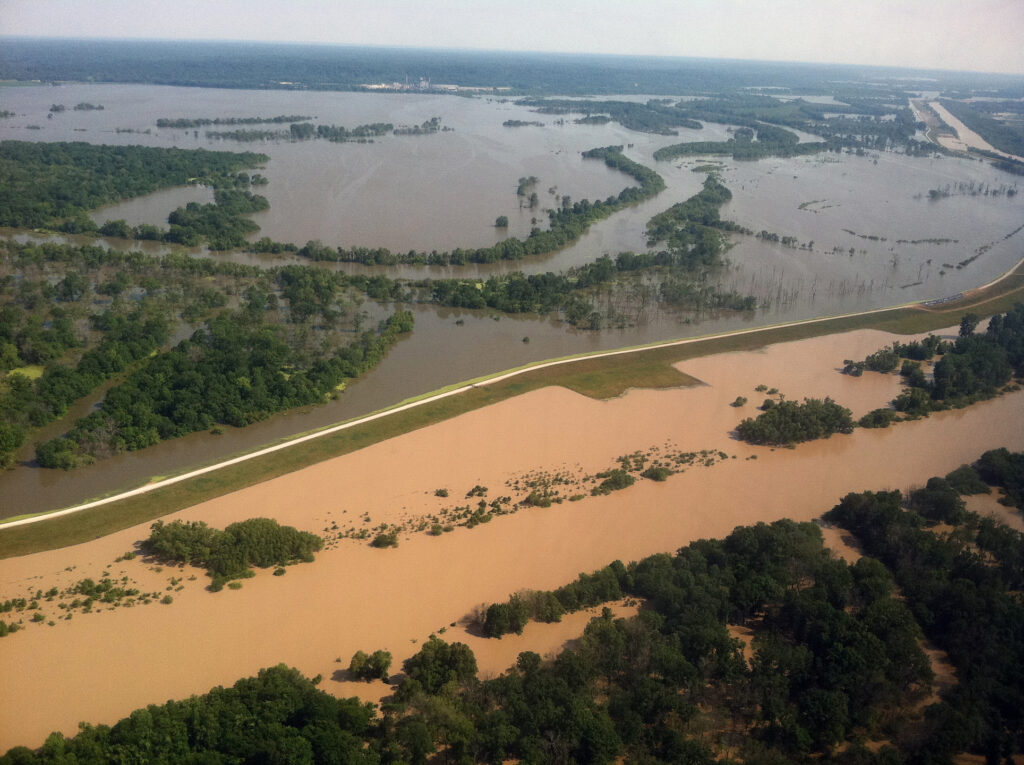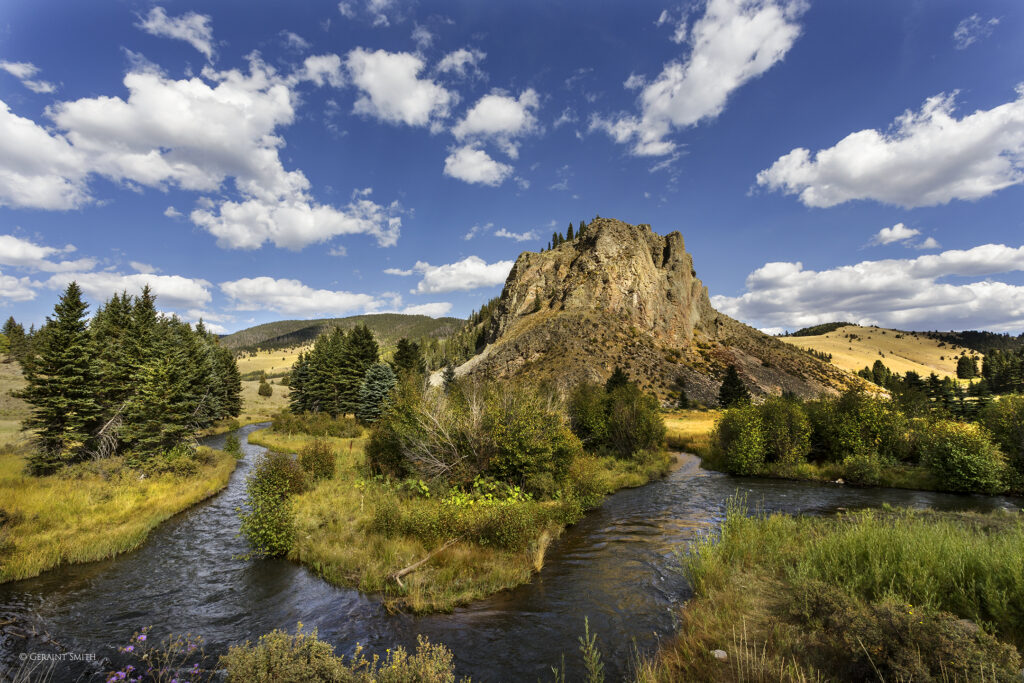Professional Golfer Tom Kite once said, “You can always find a distraction if you’re looking for one.” Mr. Kite could very well have been talking about Alabama’s water planning efforts.
When I think back to growing up on a farm in Alabama’s Wiregrass Region, I realize the one thing that we most took for granted was the water. It was abundant, clean and free. We turned on the tap and there it was. Over time, as we used more of it, and as our neighbors expanded irrigation, we had to dig down deeper and spend a little more money to pump it up, but it was still there. It wasn’t until I returned home from a tour in Afghanistan that I realized just how precious this resource was. When water wells began to come up short, people in the Wiregrass finally started talking about managing this limited resource.
Today in Alabama, there are very few days where there is not a new shiny scandal in Montgomery competing for our attention. But the thing is: there are real problems facing Alabama and we need real leadership to make smart decisions for Alabama’s future. Alabama’s water infrastructure is antiquated and our water management strategies are below par. More importantly, Alabama must adopt the tools needed to get things back on course. Our water resources are increasingly under stress from overuse and alteration of natural river processes. These stresses will only increase in the future as we expand our cities and allocate more of our water towards growing food and fiber in Alabama. Our shared rivers are already struggling under this strain.
This year, on Rivers of Alabama Day no less, two of Alabama’s rivers were named among America’s Most Endangered Rivers® by American Rivers. The Pascagoula River in southwest Alabama is under threat from dams in Mississippi, and the Chattahoochee River on our eastern border, along with the Flint and Apalachicola Rivers (collectively ACF), has reached a breaking point because of historic mismanagement at both the state and federal level. The ACF River Basin is a nationally important water resource that is absolutely critical to the people and economies of Alabama, Florida and Georgia. This basin is also at the center of a “Water War” that has now spanned decades.
The ACF is at a crossroads. Either the three states will come together and agree to a plan for joint, sustainable management of the river, or the U.S. Supreme Court, through a Special Master, will divide the waters by decree. This latter option certainly has far-reaching consequences for all stakeholders, but without a state water plan, Alabama may find itself failing to make the cut.
Georgia and Florida have both developed comprehensive water management plans for their respective state waters. Alabama, on the other hand, is still in the planning process. While our neighbors are negotiating for the amounts of water called for under their plans, Alabama has proved incapable of even defining the major water basins of the state. This is no way to protect our state’s water.
Without a sustainable plan, Alabama will not be able to address the ongoing and increasing challenges of water management; we won’t be able to meaningfully engage with our neighbors to ensure protection of shared resources. It is critical that we remember that side issues, even when they are important, still distract us from the important day to day business of providing for the people of Alabama and the environment in which we live, work and play.
Now more than ever, Alabama must focus inward and develop a sustainable water management plan. We also must invest the time needed to understand how Georgia and Florida’s water needs fit with ours and engage in truly joint management of our shared waters. Only with strategic foresight and adaptive management will our water plan meet the needs of future use in a globally changing climate.
At the state level, the issues associated with managing our water resources are numerous. This can seem at times both overwhelming in its complexity and alarmist because we are experiencing an interlude of ample rainfall. However, this is the time when distractions abound and we find ourselves chasing white rabbits no matter where they lead. But now is precisely the time to re-focus our attention on water planning, so that we are prepared to meet future water resource challenges head on.
Mitch Reid is a Program Director at the Alabama Rivers Alliance.Alabama Rivers Alliance is a statewide network of groups working to protect and restore all of Alabama’s water resources through building partnerships, empowering citizens, and advocating for sound water policy and its enforcement.





